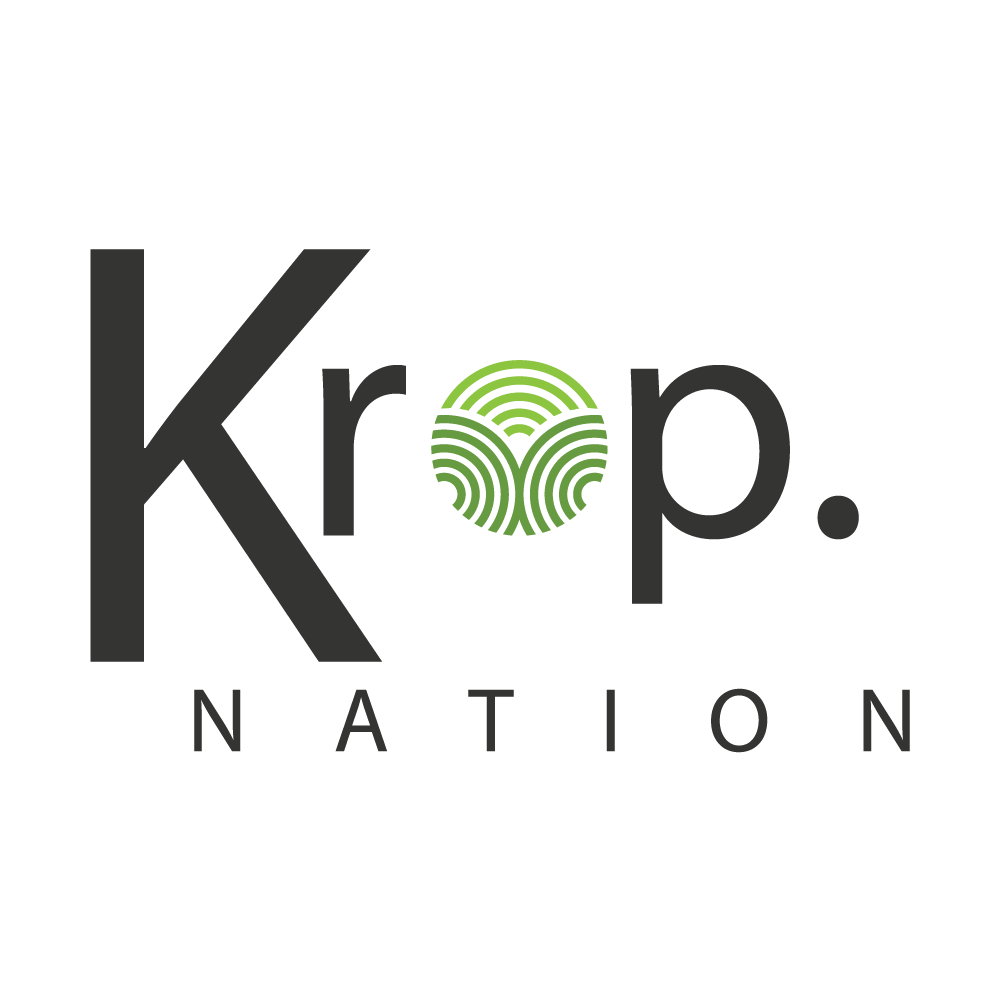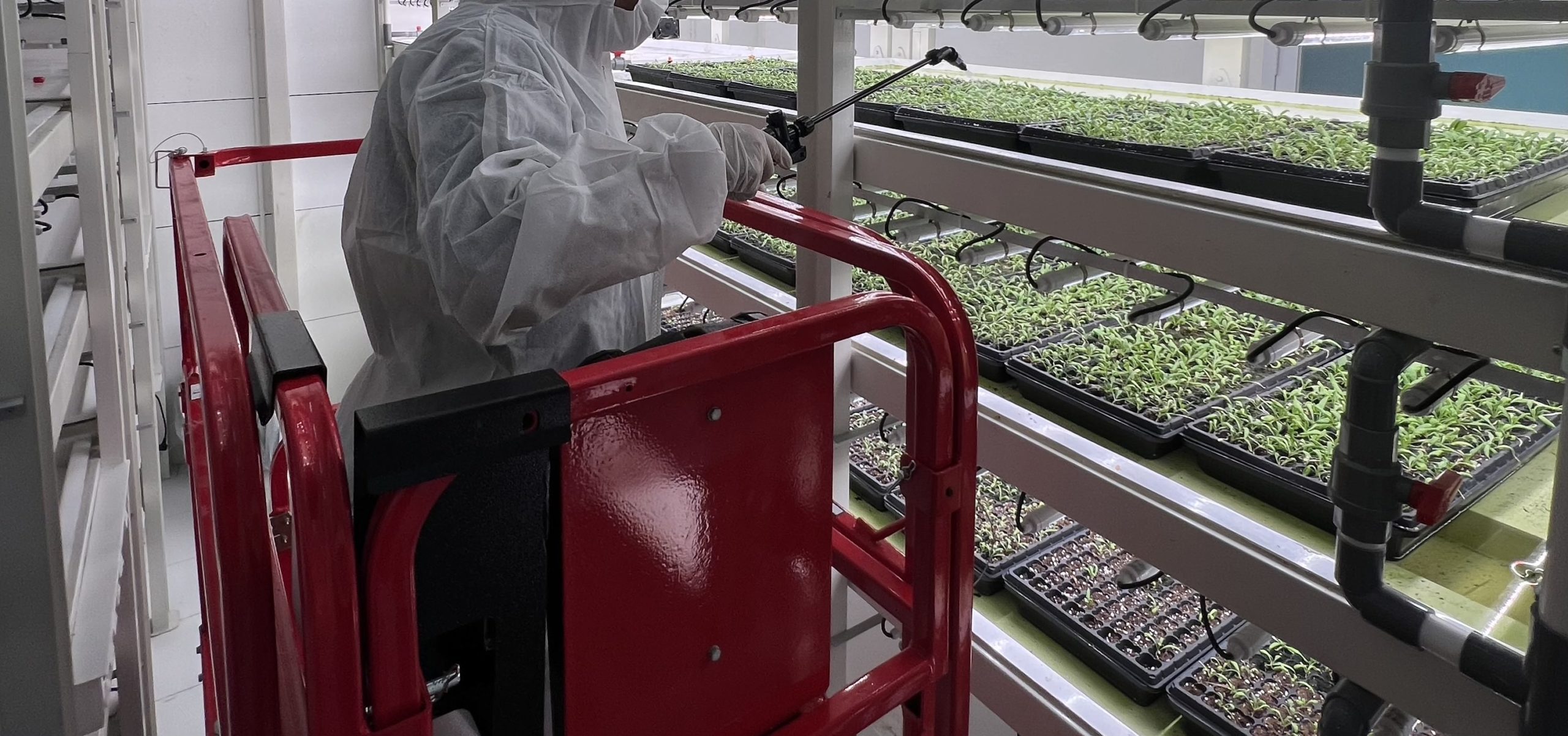How Agri-Tech is Driving the Growth of Vertical Farming in Indonesia
In recent years, the global demand for food has been increasing dramatically, due to the rising population, urbanization, and changing consumer preferences. For example in Jakarta, the capital city of Indonesia, the issue of food security and sstainability has become a pressing concern. With this growing demand for fresh and nutritious food, the growth of Agriculture Technology (Agritech) in Indonesia is seen as the game-changer and vertical farming is at the forefront of this revolution.
Vertical farming is an innovative method of agriculture that involves growing crops in vertically stacked layers. By utilizing unused space indoor and reducing the needs for transportation, vertical farming is a potential to revolutionize the way we produce food in urban areas and reduce the carbon footprint of food production. This method of farming has several advantages over traditional farming, including food grown closer to the consumers, reduced resources usage, increased productivity, and guaranteed year-round crop production.
One of the most exciting developments in Agritech in Indonesia is precision farming. In vertical farming, precision farming means take control of its growing conditions using the Controlled-Environment Agriculture (CAE) technology. By using data analysis, farmers can optimize the use of resources like water, control the temperature, humidity, light and nutrient levels, ensuring that each crop receives exactly what it needs to grow and thrive. This not only increases yield, but also reduces waste and helps the environment.
In addition to these advances, Agritech is also making it easier for vertical farmers in Indonesia to manage their vertical farming operations. Smart farming tools to monitor crop growth, equipment maintenance, allowing farmers to work more efficiently, reduce costs and make better decisions to produce higher-quality crops. Based on the dat
Another area where Agritech is making a big impact in Indonesia is the development of new crop varieties with vertical farming.
Overall, Agritech is a game-changer for the agriculture industry in Indonesia. However vertical farming is not without its challenges but is seeing as a promising approach to sustainable agriculture in urban areas in Indonesia.
KropNation as one of AgriTech start-up in Indonesia is continuing to leverage innovative technologies to create optimal growing conditions and reduce environmental impact. As KropNation continue to explore new ways to innovate, the future of agriculture looks brighter than ever before. As the agriculture technology continues to evolve, KropNation is creating access to the traditional farmers as their technology enabler.
With the best seeds grown in their ideal environment, best-practice knowledge gathered from vertical farming, KropNation empowers traditional farmers to grow more resilient crops that require less to no pesticides, leading to healthier food and healthier planet.
Now all Indonesia’s farmers can ensure the city’s food security and sustainability with help of Agritech and to provide its residents with high quality of fresh, healthy, and nutritious food.
The growth of vertical farming in Indonesia is being driven by several factors, including the increasing use of smart farming technology or agriculture technology (Agritech). Agritech refers to the use of technology in agriculture industry, including precision agriculture, automated systems, and data-driven decision-making. By using agri-tech, vertical farmers in Indonesia are able to optimize their crop production and reduce costs.
One of the key benefits of vertical farming is the use of precision agriculture. Precision agriculture involves using technology to monitor and control the growing environment, such as temperature, humidity, light, and nutrient levels. This allows farmers to grow crops more efficiently and effectively, and to produce higher-quality crops. In Jakarta, precision agriculture is being used in vertical farming to optimize crop yields, reduce waste, and increase food security.
Another important factor driving the growth of vertical farming in Indonesia is the use of automated systems. Automated systems are designed to help farmers manage their crops and their growing environment more effectively. These systems can help with tasks such as watering, fertilizing, and monitoring the growing environment. Automated systems help reduce the labor costs associated with traditional agriculture and increase efficiency, making vertical farming more cost-effective.
Data-driven decision-making is also playing a significant role in the growth of vertical farming in Jakarta. By using data analysis, farmers can make informed decisions about the best practices for growing their crops. For example, they can use data to determine the optimal temperature and humidity levels for their crops, or to predict the ideal time to harvest their crops. This information can help farmers to increase their crop yields and to reduce costs.
The benefits of vertical farming and Agritech are not limited to farmers. Consumers in Indonesia are also benefiting from the growth of vertical farming. By using agri-tech, vertical farmers are able to produce fresh, healthy, and nutritious food that is free from pesticides and other harmful chemicals. This food is also available year-round, regardless of the weather conditions.
In conclusion, the growth of vertical farming in Indonesia is being driven by several factors, including the increasing use of agri-tech. By using technology such as precision agriculture, automated systems, and data-driven decision-making, vertical farmers in Jakarta are able to optimize their crop production, reduce costs, and increase food security. The benefits of vertical farming and agri-tech are not limited to farmers, as consumers are also benefiting from the growth of this innovative method of agriculture.
In the coming years, KropNation expects to see continued growth in the vertical farming industry in Indonesia, as more and more farmers adopt agri-tech and embrace this innovative method of agriculture. With the help of KropNation’s technology, Indonesia’s farmers can ensure the city’s food security and sustainability, and to provide its residents with fresh, healthy, and nutritious food.

